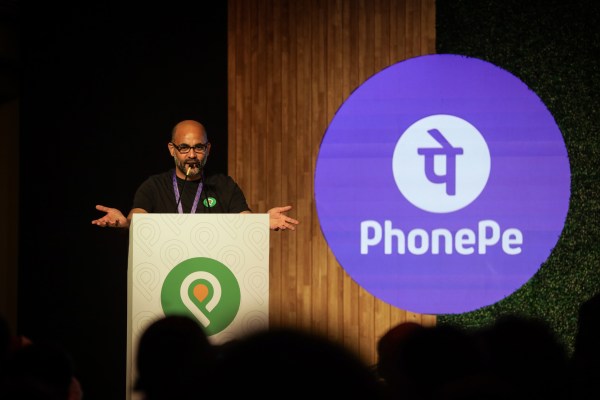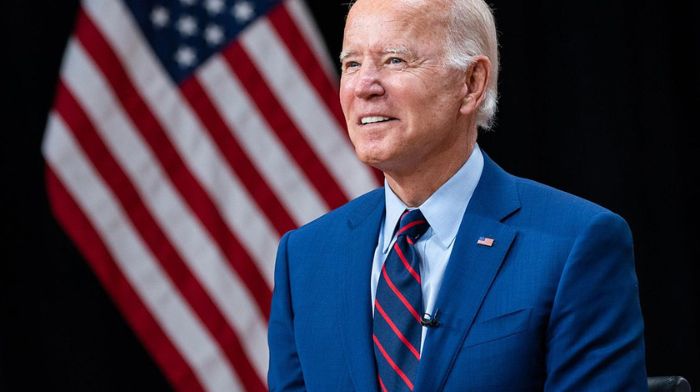
PhonePe launched the Indus AppStore Developer Platform on Saturday, promising zero platform fee and no commission on in-app purchases as the Walmart-backed fintech races to win Android developers in Google’s largest market.
The Bengaluru-headquartered startup, which has amassed over 450 million registered users on its eponymous payments app, said developers can start registering and uploading their apps on the ‘made-in-India’ app store starting today. The app store, for which PhonePe has also partnered with phonemakers for distribution, features scores of locally relevant features including support for third-party payment providers, 12 Indian languages and a login system that revolves around phone numbers.
PhonePe will not charge developers any listing fee for the first year but move to a “nominal” cost thereafter, it said. The startup will additionally not levy a commission on in-app purchases, compared to Google’s 15-30% takerate. PhonePe, which leads the UPI-based payments market in India, said it has put in place an India-based team to offer support to developers, addressing the concerns of local developers who have been dissatisfied with Google’s delayed responses and U.S. timezone operating hours.
TechCrunch reported about PhonePe’s plan to launch the app store in April. PhonePe, which has raised $850 million in recent quarters and acquired IndusOS in 2021 and then fought legal battle to complete the startup acquisition, has been working on the app store for years and internally sees it as a crucial strategic move, according to people familiar with the matter.
Indus Appstore Developer Platform’s launch comes at a time when many Indian businesses and startups have grown frustrated with Google, whose Android mobile operating system runs on over 95% of all smartphones in the country.
But despite the market size, app developers in India have always been forced to work with only one app store for distributing their apps, said Akash Dongre, co-founder and chief product officer of Indus Appstore, in a statement. (Even as Apple is increasingly expanding its presence in India, its market share remains low in the country.)
“Indus Appstore hopes to provide app developers a credible alternative to the Google Playstore – one that is more localized and offers better app discovery and consumer engagement,” he added.
PhonePe’s attempt isn’t the first from local entrepreneurs to fight what they say is exorbitant fee levied by Google Play Store. Many Indian businesses have knocked on New Delhi’s door for intervention in recent years and some banked their hope on a Paytm-led mini app store alliance.
The Walmart-backed startup, which was previously a part of Flipkart, is optimistic that the push from the Indian watchdog to make Google accept third-party app stores and features pertinent to local needs, such as real-time analytics, in-depth industry trend insights, and competitor evaluations, will be more successful than past attempts.
India is a key overseas market for Google, where it has deployed over $10 billion in the past decade as the Android-maker raced to find the next great growth markets outside of the U.S. Google reaches over 700 million internet users in the South Asian market but is increasingly facing criticism and regulatory intervention in the nation.
The company was slapped with two antitrust fines in India a year ago and was forced to make several changes to its business agreements with phonemakers and other partners. Google’s compliance came weeks after it warned that changes to its business terms would result in devices getting expensive in the world’s second largest smartphone market and lead to proliferation of unchecked apps that will pose threats for individual and national security.
For PhonePe, the app store is the latest in a series of push from the fintech startup as it expands into several new categories. The startup, valued at $12 billion, launched an e-commerce app this year and last month unveiled Share.Market, an app that allows users to open their trading accounts and invest in stocks, mutual funds and ETFs.

























































